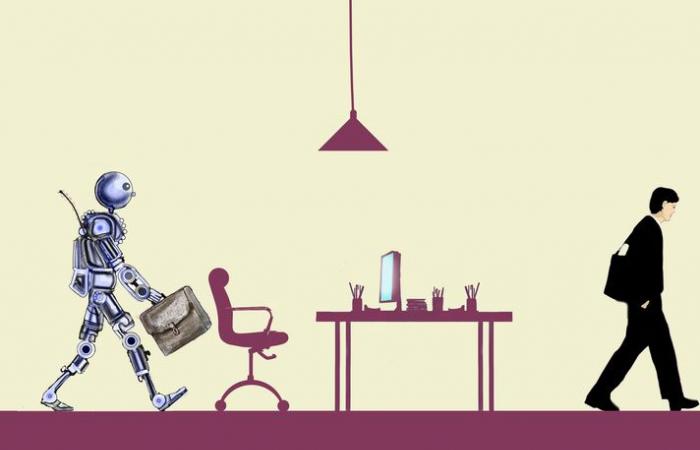Nearly thirty years ago, the victory of a computer over a human chess champion triggered a wave of pessimistic predictions, announcing the end of humanity. Yet the man continued to prosper. Today, as artificial intelligence intrudes into every aspect of our daily lives, these same fears are resurfacing. But this revolution does not pit humans and machines against each other in a zero-sum game.
Why humans will remain masters of the game
The human brain remains one of the most advanced and efficient information processing systems in the world. While artificial intelligence excels at analyzing vast amounts of data and detecting patterns, it still lacks the subtle, intuitive understanding that humans possess. Reading between the lines, grasping context or making connections from partial information are skills natural to humans, but inaccessible to AI systems, despite their impressive computing power.
Emotional intelligence: an exclusive asset
Although AI can analyze emotions and interpret facial expressions, it cannot feel or truly understand human emotions. This limit is essential, because emotional intelligence is at the heart of major decisions, both in business and in daily life. Whether negotiating complex deals, leading a team in a crisis, or designing products that deeply touch consumers, human emotional intelligence remains an irreplaceable asset.
Bringing the impossible to life
What truly sets humans apart is their ability to imagine the unprecedented and transform it into reality. Where AI is limited to producing variations from existing models, it can neither conceive genuinely new ideas nor grasp their deeper significance. Innovation relies on much more than creativity: it requires an intimate understanding of human needs, aspirations and social intricacies — qualities deeply rooted in human nature.
The benefits of collaboration between humans and AI
Rather than replacing humans, AI is emerging as a powerful tool to amplify our capabilities. It acts as a brilliant assistant, capable of handling repetitive tasks, quickly analyzing data and providing valuable insights, all while remaining reliant on human wisdom to guide its use. This partnership unlocks our potential to focus on what sets us apart: strategic thinking, relationship building and creative problem solving.
When human judgment is essential
Consider the complexity of ethical decisions in areas like health, law, or business. While AI can offer data-driven analytics, it is unable to consider moral implications or base its choices on values. These decisions require a deep understanding of human values, societal norms, and an ability to reconcile competing interests—skills that are uniquely human.
The world we are building for tomorrow
The current revolution lies not in replacement, but in elevation. By entrusting routine and repetitive tasks to AI, humans free up time and energy to focus on high value-added activities, requiring specifically human skills. This dynamic does not destroy employment, but reinvents it, opening up new perspectives and opportunities that would have seemed unimaginable ten years ago.
In this context, success will come to those who know how to exploit the synergy between human and artificial intelligence. It’s not about competing with AI, but about developing human skills that complement it. As technology advances, what makes us human – our ability to create, connect and care for others – becomes not only essential, but even more valuable.
Looking to the future
The workplace of tomorrow will be neither the exclusive domain of AI nor that of humans, but the result of a harmonious collaboration between the two. By seeing AI as a tool of amplification rather than substitution, we have the opportunity to build a future that enriches human potential instead of diminishing it. Because true strength lies neither in artificial intelligence nor in human intelligence in isolation, but in the alliance of technology and human wisdom, opening the way to augmented and enlightened intelligence.
A contribution by Bernard Marr for Forbes US – translated by Lisa Deleforterie
Also read: AI and emotion management, a major issue for SMEs or companies in transformation






